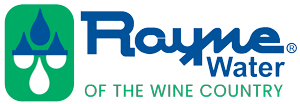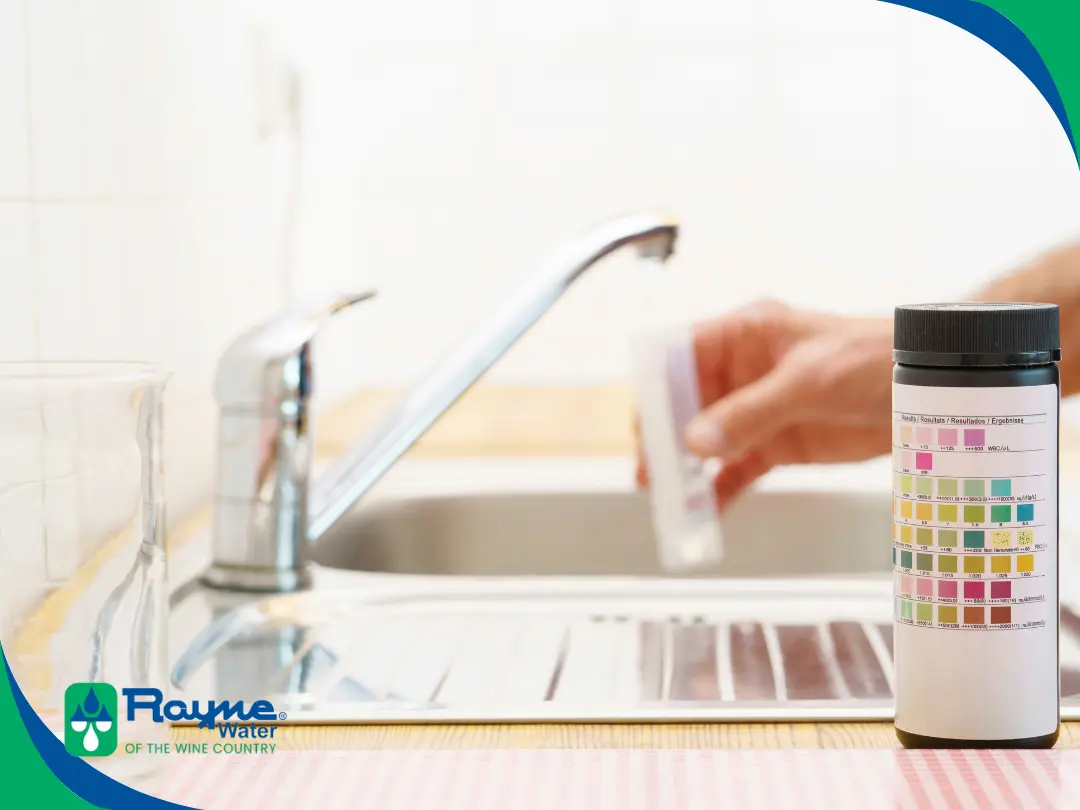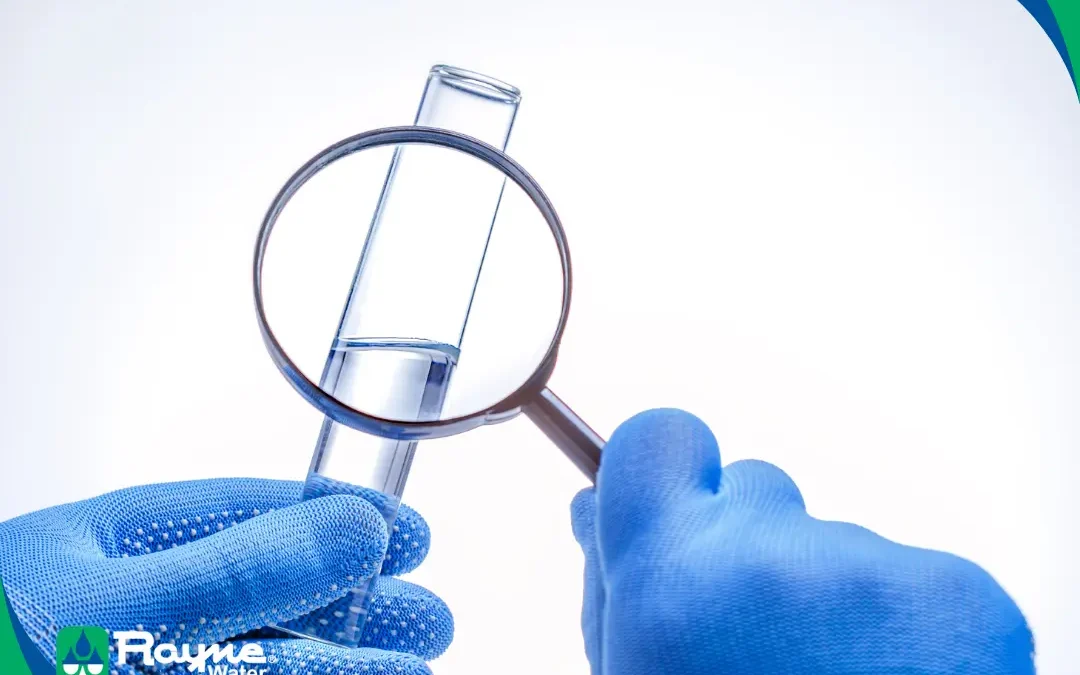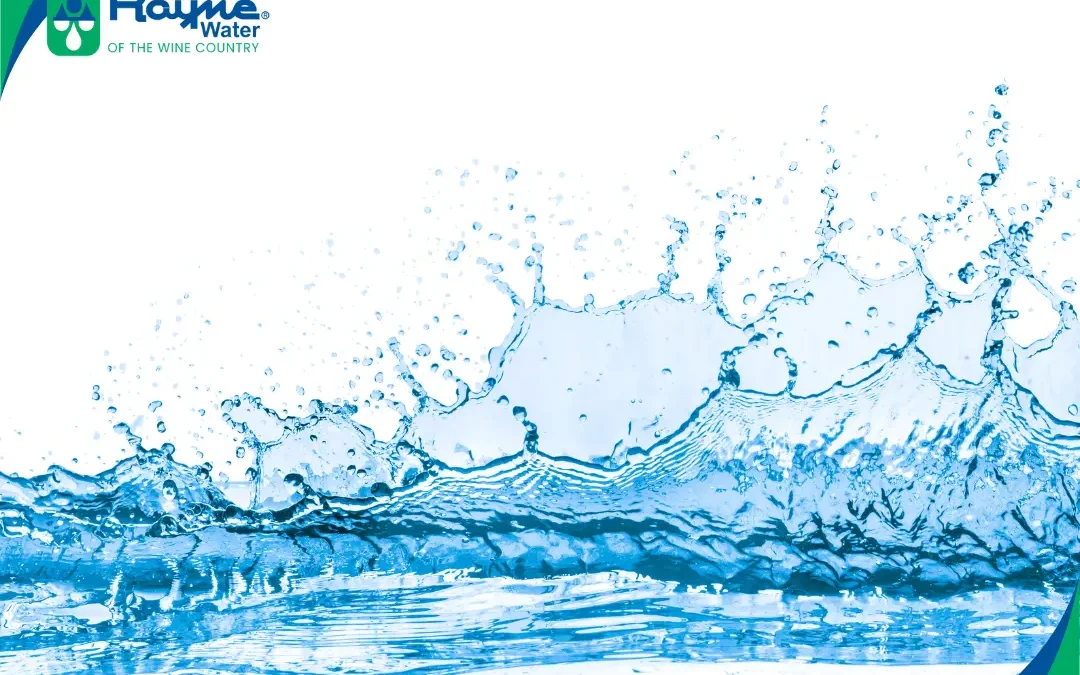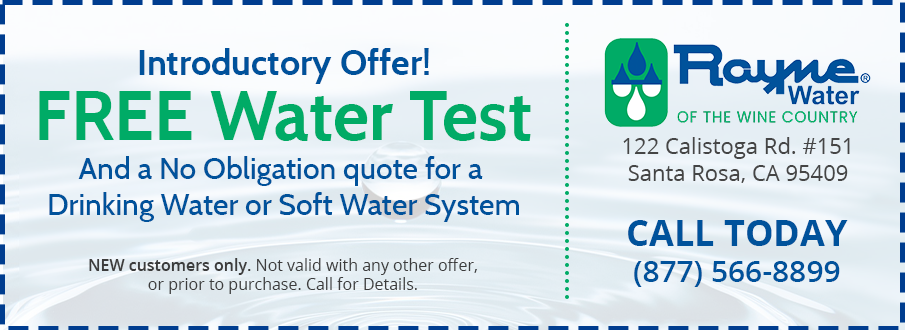When it comes to water quality, terms like TDS (Total Dissolved Solids) and water hardness often come up. While they might seem interchangeable, they refer to different aspects of water composition. Understanding the difference between TDS and water hardness is essential for effective water treatment and ensuring the best quality of water for your household. Let’s dive into what these terms mean, how they affect your water, and why it’s important to distinguish between them.
What is TDS?
Total Dissolved Solids (TDS) measures the combined content of all inorganic and organic substances dissolved in water. These substances can include minerals, salts, metals, and even small amounts of organic matter. TDS is expressed in parts per million (ppm) or milligrams per liter (mg/L).
Sources of TDS include:
- Natural sources: Minerals from soil and rocks
- Human activities: Agricultural runoff, industrial waste, and urban runoff
- Water treatment chemicals: Chlorine, fluorides, and other additives used in municipal water treatment
Effects of high TDS include:
- Taste: Water with high TDS often has a salty, bitter, or metallic taste.
- Health: While not necessarily harmful, excessively high TDS can indicate the presence of harmful contaminants.
- Appliances: High TDS can lead to scale buildup in pipes and appliances, reducing their efficiency and lifespan.
What is Water Hardness?
Water hardness specifically refers to the concentration of calcium and magnesium ions in water. Like TDS, water hardness is measured in ppm or mg/L, but it can also be expressed in grains per gallon (gpg).
Hard water typically comes from geological formations. As water passes through limestone and chalk deposits, it picks up calcium and magnesium.
Effects of hard water include:
- Plumbing and Appliances: Scale buildup in pipes, water heaters, and other appliances can reduce efficiency and increase maintenance costs.
- Cleaning: Hard water reduces the effectiveness of soaps and detergents, leading to soap scum and making it harder to clean dishes, clothes, and skin.
- Skin and Hair: Hard water can leave skin dry and hair dull.
The 4 Main Differences Between TDS and Water Hardness
1. What they’re made of
TDS: Includes ALL dissolved substances (organic and inorganic) in water.
Water Hardness: Specifically measures the concentration of calcium and magnesium ions.
2. How they’re measured
TDS: Measured in ppm or mg/L using a TDS meter.
Water Hardness: Measured in ppm, mg/L, or gpg using test kits or titration methods.
3. What high levels mean
TDS: An elevated TDS level means that various dissolved substances are present in your water. They may or may not be harmful but either way, these contaminants can affect your water’s taste.
Water Hardness: Water that is considered moderately hard to very hard can have significant impacts throughout your home. You may notice that it’s more difficult to complete cleaning tasks effectively and your water-using appliances may operate inefficiently and wear out more quickly.
4. How water is treated
TDS: Treated using reverse osmosis (RO) systems, distillation, or deionization.
Water Hardness: Treated using water softeners that use ion exchange to replace calcium and magnesium with sodium or potassium.
Why Is It Important to Differentiate Between TDS and Water Hardness?
Understanding the distinction between TDS and water hardness is crucial for choosing the right water treatment solutions. For example, if your water has high TDS but is not particularly hard, a water softener might not address all your concerns. Conversely, if your water is hard but has a low TDS, a reverse osmosis system might be overkill.
Find YOUR Ultimate Water Treatment Solution with the Water Treatment Experts at Rayne of the Wine Country
Both TDS and water hardness are important indicators of water quality. However, they measure different things and have different implications for your water use and treatment requirements. By identifying whether you are dealing with high TDS, hard water, or both, it’s easier to choose the best water treatment method to meet your needs.
If you need help testing your water or choosing the right water treatment system, contact us today. Our goal is to help you find the solution that meets your household’s water quality needs now AND in the future.
